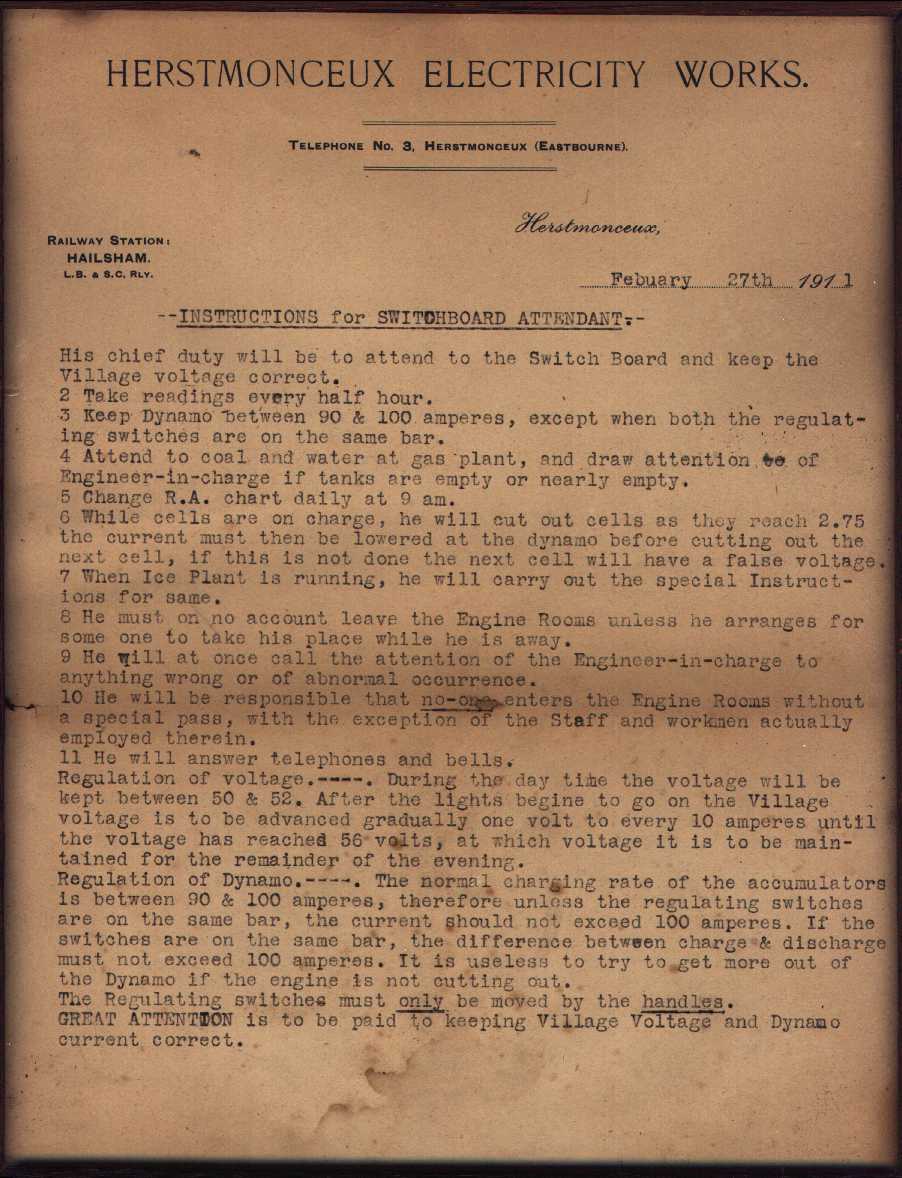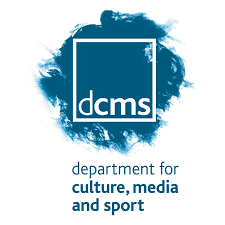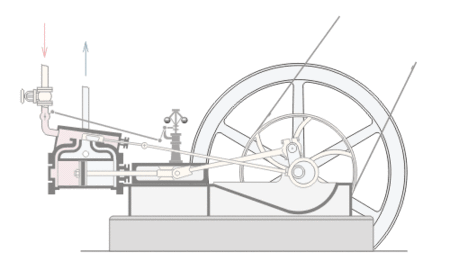|
According
to their website, the UK Commission is at the heart of delivering UNESCO’s mission at national level is the global network of 199 National Commissions for UNESCO, of which the UK Commission represents the interests of British contenders.
The UK National Commission supports the UK’s contribution to UNESCO and brings the benefits of UNESCO to the UK. They are the central hub for all UNESCO-related matters within the UK.
They are an independent not-for-profit organisation, supported by grant funding from the UK government.
Their core functions are:
→ To provide expert, individual policy advice to the UK and devolved governments on UNESCO related issues.
→ To support the UK government’s agenda to help UNESCO achieve its core goals.
→ To advise and assist individuals and institutions in the UK and its’ Overseas Territories and Crown Dependencies, with accessing UNESCO accreditation and prizes.
→ To support and enhance the value of the UK’s 165 UNESCO sites and projects.
SCIENCE
& EDUCATION
As the only United Nations agency with a specific mandate for science, UNESCO works to advance and promote science in the interests of peace, sustainable development and human security and well-being.
Since its inception in London in November 1945, UNESCO has acted as a catalyst for the establishment of many scientific unions and bodies in natural and human sciences. It has stimulated the creation of initiatives with far-reaching implications for sustainable development including the Man and the Biosphere Programme, the Intergovernmental Hydrological Programme, the Intergovernmental Oceanographic Commission, UNESCO Global Geoparks and natural sites inscribed on the
UNESCO World Heritage
List.
The UK is home to many science-related UNESCO sites and programmes, and
their world-leading experts continue to shape and have impact through UNESCO’s global programmes.
The seeds of UNESCO’s work were formed in the minds of ministers of education during the
Second World War and UNESCO has galvanised international collaboration on education through its standard setting frameworks and monitoring, the Education for All programme and its global action plan on Education for
sustainable development aimed at Circular
Economies.
As the only United Nations body with a mandate that covers all aspects of education, UNESCO has been entrusted with leading and monitoring worldwide action to deliver the targets in the
Sustainable Development Goal on
quality education for
all under SDG4.
The UK and devolved Governments are committed to fulfilling UNESCO’s action on education globally by providing equal and quality education, ensuring that everyone has the chance to reach their potential and live a more fulfilled life.

These
instruction from February of 1911, reveal a great deal about the
technology on site. They are one of the exhibits on display, alongside
other innovative firsts that took place in this Sussex backwater. The
only surviving electricity generating station in the world with battery
load levelling. The challenge being to restore the machinery, such as to
become nominated locally. But how might that be achieved, and how long
could it take for, first local, and then global recognition. Given that
the building is made of timber, and climate change puts wooden buildings
at risk. If nothing is done quite quickly to protect the extant
structure, the building might become a victim of global warming. Before
it gets noticed. It is truly a monument at risk.
The UK National Commission for UNESCO is comprised of a Secretariat team of seven full-time staff and is supported by six Non-Executive Directors appointed by the Foreign, Commonwealth and Development Office.
Together, they aim to use education, culture, communication and information and science to build mutual dialogue and peace in the United Kingdom.
UK
PERMANENT DELEGATION TO UNESCO
Anna
Nsubuga - UK Ambassador and Permanent Delegate to UNESCO
Anna Nsubuga is the UK’s Ambassador and Permanent Delegate to UNESCO.
Appointed to the role in 2023, Anna is an experienced public and social
policy professional having worked at community, national, regional and
international levels across a range of policy areas. Anna’s areas of
expertise include further education
and adult learning, girls and women’s sexual and reproductive health
and rights, European affairs, and stakeholder engagement.
Maxim
Polya-Vitry - Deputy Permanent Delegate to UNESCO
Max is the Deputy Permanent Representative to the United Kingdom’s
Mission to UNESCO.
UK
NATIONAL COMMISSION BOARD OF DIRECTORS
Professor
Anne Anderson - Chair, Non-Executive Director for Education
Professor Anne Anderson, OBE FRSE and Vice Principal Emerita of the
University of Glasgow,
holds a research background in psychology exploring how people
communicate in text, dialogue and via technologies.
Professor
David Drewery - Vice Chair, Non Executive Director for Natural Sciences
Professor David Drewry is a world leading expert on the environment and
study of the polar region. His experience includes Director of both the
British Antarctic
Survey and the Scott Polar Research Institute at Cambridge University.
Dr
Dan O'Connor - Vice-Chair, Non-Executive Director for Science
Dan O’Connor is Head of Research Environment at Wellcome Trust. Dan
has a PhD in the History of Medicine (University of Warwick) and a
Postdoctoral Fellowship in Bioethics and the History of Medicine (Johns
Hopkins University), as well as considerable experience in the
commercial sector.
Dr Charlotte joy - Non-Executive director for Culture
Charlotte Joy is a social anthropologist who specializes in contested
heritage and heritage protection. She is a lecturer in Cultural Heritage
Management in the Department of Archaeology, University of Southampton.
She is the author of two books 'The Politics of Heritage Management in
Mali' (Routledge 2012) and 'Heritage Justice' (CUP 2020). She chairs UK
Blue Shield's Working Group on the protection of Intangible Cultural
Heritage and is a member of UNESCO's Network of Facilitators of the 2003
Convention.
Dr Joseph
Nhan-O'Reilly - Non-Executive Director for Education
Joseph Nhan-O’Reilly is an expert in education, contributing to the
progress of UNESCO’s fight for education to be recognised as a human
right through his role as Board Member for the UK National
Commission. He works to improve child literacy, access to books,
education in emergencies and the quality of refugee education.
Professor Mike
Robinson - Non-Executive Director for Culture
Mike is a specialist in cultural heritage and sustainable tourism, with
over 30 years experience working with heritage and tourism projects in
more than 40 countries. As Professor of Cultural Heritage at Nottingham
Trent University, Mike is working to develop the University’s
international, cross-disciplinary research portfolio in the heritage
field. He remains as Emeritus Professor at the University of Birmingham,
where he was Director of the Ironbridge International Institute for Cultural
Heritage.
UK NATIONAL COMMISSION SECRETARIAT
James Bridge - Chief Executive and Secretary General
James Omer Bridge is the Secretary-General and Chief Executive of the UK
National Commission for UNESCO. He overseas the work of the Commission's
Secretariat and is an Alternate Member of the Executive Board of UNESCO.
https://www.linkedin.com/in/jamesbridge/
Matthew Rabagliati - Head of Policy, Research and Communications
Matt leads the UKNC's policy, communications, and research. He manages
the organisation's Theory of Change and Delivery Framework with the UK
Government. he leads the organization's fundraising, research and
business development with the Secretary-General, and Climate Change and
UNESCO Heritage Project and the Local to Global Programme.
https://www.linkedin.com/in/mattrabagliati/
Andrea Blick - Head of Finance and Accreditation
Andrea has responsibility for the financial management of the
organisation, as well as managing office administration and HR.
Charlie Kennedy - Accreditation and Operations Manager
Charlie is the lead contact for UK organisations and individuals to
access UNESCO's programmes and activities and manages the UK's UNESCO
accreditation processes. He also works with the UK Government and
existing UNESCO designations to manage elements of the UNESCO's policiy
areas.
https://www.linkedin.com/in/charlie-kennedy-1b207a28a/
Liam Smyth - Programme Lead, Local to Global
Liam is responsible for leading the fundraising, research, development,
and delivery of UKNC's strategic investment programme, Local to Global.
Local to Global aims to build more resilient and adaptive network of
UNESCO designated sites and ensure that the UK society continues to feel
the benefits of UNESCO membership.
https://www.linkedin.com/in/liam-smyth-311b853a/
Nushin Hussain - Project Coordinator, Local to Global
Nushin supports the delivery of approved purposes of the grant agreement
with the National Lottery Heritage Fund by coordinating Local to Global
2.0 events and communications across the national network of natural,
cultural and built heritage sites.
https://www.linkedin.com/in/n-h-096bb9346/
Alison Smedley - Policy Coordinator
Alison supports the Commission's policy and parliamentary work,
including coordinating involvement at UNESCO General Conferences and
Executive Board meetings, liaising with UNESCO experts, strategic
mapping of UNESCO programmes with government policy priorities and other
research.
https://www.linkedin.com/in/alison-mary-smedley/
Dave Chapman - Project Lead, Climate Change & UNESCO Heritage
Project
Dave leads the Climate
Change & UNESCO Heritage project and works with colleagues at
national pilot site levels to rest emerging practice relating to climate
change impact on cultural & natural heritage, and to deliver
shareable, reusable project inputs.
https://www.linkedin.com/in/dave-chapman-8ab29597/
Aisling Parrish - Project Administrator, Climate Change & UNECO
Heritage Project
Aislings work supports the overall project management function of Climate
Change & UNESCO Heritage, Aisling works with colleagues across
the project's governance groups, consultancy teams, and their three
UNESCO pilot sites to provide a coordinated approach to delivery.
https://www.linkedin.com/in/aislingparrish/
John Carmichael - Communications and Marketing Manager
John oveerseas the marketing and communications outputs of the UKNC. He
manages the website, newsletters, and social media output leads on
report and documentation design, media relations, and is the
Commission's brand guardian. John also supports their internal project
teams and the UK UNESCO site network in relation to communications.
https://www.linkedin.com/in/john-carmichael-98aa6aa/
Andrew Mailing - IT Manager
Andrew looks after the IT infrastructure and procedures for the
organisation, ensuring that their digital systems and outputs and secure
and stable.
https://www.linkedin.com/in/andrewmailing/
STRATEGY
The world faces unprecedented challenges across multiple dimensions – from climate change to hundreds of millions of children being out of school, from promoting sustainable development to the spread of disinformation, from persistent gender inequalities to the growth of mega-cities, and from the impact of artificial intelligence on societies and economies to the destruction of our shared heritage and culture.
The world also faces opportunities, including those to promote rights and human dignity, to better use science and technology for the good of all, and to preserve and protect our shared cultural heritage.
The UK is not exempt from these challenges and has an important role to play in shaping international action in response to them, not least through its membership of UNESCO. Its role in UNESCO also allows the UK to engage in debates about the opportunities present today, and through collective action to promote a better future.
UNESCO’s mandate to use culture, education, science and communication as tools to drive forward sustainable development and foster peace has never been more relevant. UNESCO is a global organisation but grounded in local designations ranging from World Heritage Sites to Biospheres, from Geoparks to Creative Cities, from schools to University Chairs. It is this grassroots nature linked to global standards setting which gives UNESCO its unique character and potential.
This Strategy outlines how the UK National Commission for UNESCO will help to meet the unprecedented range of global challenges we face today. We will work in partnership locally, nationally and globally:
● Locally, the Commission aims to work with the growing number of UNESCO designated sites and projects in the UK (currently over 170), helping not only to maximise their benefits from membership of UNESCO, but to leverage their work, innovations and local and international networks to help support UNESCO’s aims and objectives.
● Nationally, the Commission will work with the UK and devolved governments and with
their network of experts to help develop policy solutions and provide advice;
● Globally, UNESCO UK will work with the UNs's Headquarters in Paris, like-minded member states, the global network of UNESCO National Commissions, and
their own international networks to help shape and implement UNESCO’s programmes and activities.
CONTACT
UNESCO UK
UNESCO
United Kingdom Commission
3 Whitehall Ct
Westminster
London SW1A 2EF
Web:
https://unesco.org.uk/
According
to the official Government
website, in the UK, in 2022, seven 'tentative' listings were announced:
"The Government has revealed the seven places it is backing to win UNESCO World Heritage Status, via the Department for Culture, Media and Sport (DCMS), published 10 April 2023."
UK TENTATIVE LIST 2023
- Birkenhead the People’s Park [Cultural]
- East Atlantic Flyway – England East Coast Wetlands [Natural]
- The Flow Country [Natural]
- Gracehill Moravian Church Settlements [Cultural, Transnational]
- Little Cayman Marine Parks and Protected Areas [Natural]
- York [Cultural]
- The Zenith of Iron Age Shetland [Cultural]
These
were a mix of 'Cultural' and 'Natural' sites. Presumably, if Herstmonceux
Electricity Generating Works & Battery Energy Storage, were to be
included, the complex would come under the heading 'Technology.' The
Trust share the same ideals, aims and objectives as those defined by the
World Heritage Convention for Cultural Protection 16th November 1972.



|





